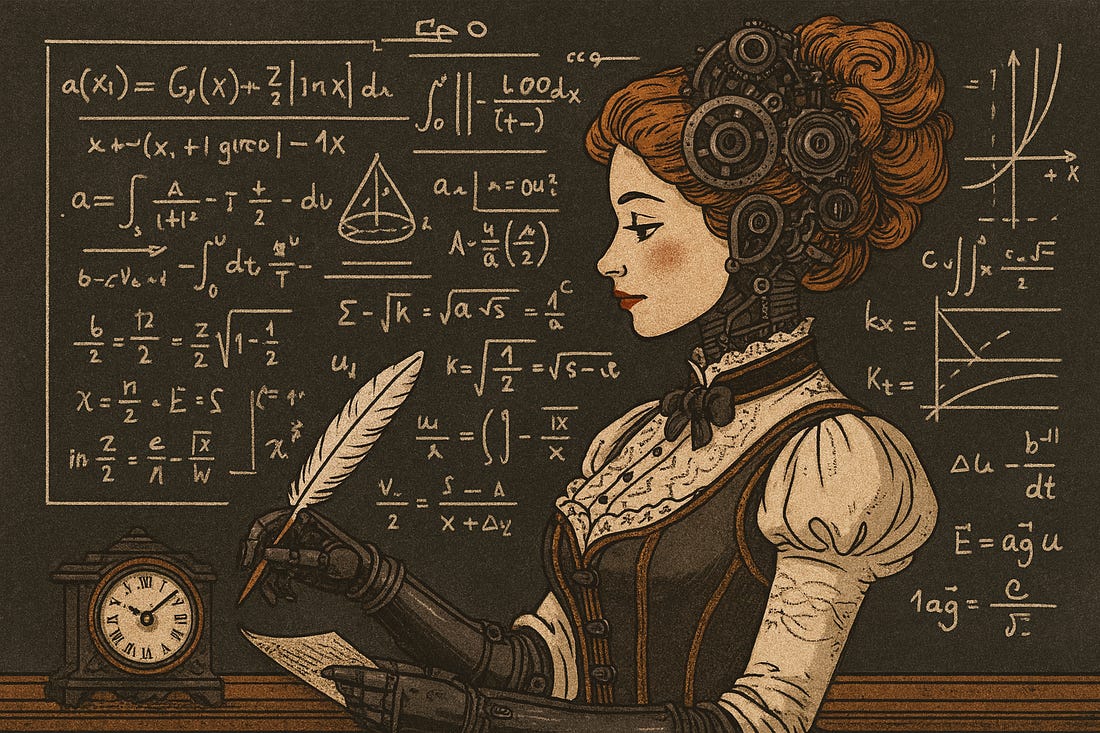|
Sep 29 |
The militant communist atheists I grew up with (my family and all their friends) sixty-five plus years ago considered free will to be a critical component of the human mind. The idea that people were to some degree free to choose their actions was crucial to the very fabric of radical social action. The denial of free will by outside agencies, like the Church, the oppressive ruling class, poverty, or lack of education, was identified as the obvious enemy of progress.
Modern atheist ideologues, on the other hand, now hold that free will does not exist. I have long been puzzled by this assertion, not only by its counterintuitive nature, but also why this idea would be a bedrock of current atheist doctrine.
According to Sam Harris, the illusion of free will is closely related to another idea popular in the atheist camp, namely, that consciousness is also an illusion. This makes some internal logical sense, since if we have no real consciousness, we cannot make conscious choices.
Modern atheists see us (and all other creatures) ultimately as automatons acting in accordance with the physical and chemical influences that impinge upon us. The dogma holds that everything that happens is a result of the action of physical laws and random, purposeless events. The concept of choice is simply an illusion. Determinism is the overriding theme of causation.
In reality, strict determinism has been on the skids scientifically for quite some time. It ignores the science of quantum uncertainty as well as the laws of chaos and complexity, and just about everything we are learning about the stochastic nature of the behavior of particles, atoms, and biochemical pathways.
There is no denial of this reality in atheist dogma, and the role of chance and accident is considered to be at least equally important as the laws of physics in determining what happens and when. This is especially true for the current paradigm of evolutionary biology known as Neo-Darwinism.
Mutations have long been held to be entirely random, and their effects lead to changes in allele frequencies in populations, which may occasionally improve the fitness (probability of survival and/or reproduction) in the individuals of the lucky population who inherited the most beneficial mutations.
This idea that biological evolution is entirely undirected, purposeless, and totally accidental was exemplified by Stephen J. Gould’s idea that if we started from the beginning and played the tape of evolution again, we would get totally different results and probably no humans.
But the modern science of biology is calling this idea into serious question. The idea that “anything goes in evolution” is false. The number of constraints and examples of convergence that have been seen on both the organismal structural level and the molecular biochemical level tell us that if we replayed the tape, we would probably get something pretty close to what we have.
While evolutionary history is indeed dependent on accidental mutations, we now know that not all mutations are random, and that stress directed mutations, with specific genomic targets, are real. In addition, it has long been known that bacteria can coordinate the timing and location of hyper-mutagenic activity in times of severe stress to a colony. It turns out that all life forms exhibit agency (another term for free will), even those with no nervous systems.
Very recent findings in bacteria and other single-celled creatures have provided a radically different picture of life than that posited by Neo-Darwinists. Cells exercise agency in pursuit of a purpose and use a non-neural form of cognition that includes memory, logic, and sensory awareness of self and the environment.
The publication by MIT Press of a book entitled Evolution on Purpose discusses at great length the reality of biological agency, teleonomy, and cognition throughout life. Genetic determinism, the concept that genes control everything that happens in biology, has been losing favor, as a far more complex scenario of regulatory interactions and physiological controls is coming into focus.
The new scientific findings about purpose, agency, and cognition throughout life (as discussed in my book Beyond Evolution: How New Discoveries in the Science of Life Point to God) make much of what atheists claim to be scientific refutations against an omnipotent Creator doomed to the same historical dustbin along with communism, the clockwork universe, and the denial of the reality of free will and consciousness.
So, my parents were right after all. Not about communism or atheism but at least about free will. And perhaps (as Justin Brierley posits in his book The Surprising Rebirth of Belief in God, and the twelve essays in Coming to Faith Through Dawkins, edited by Denis Alexander and Alister McGrath, show) the inaccuracies and absurdities of modern atheist dogma are beginning to raise questions in those looking at Christianity as not only a source of hope and joy, but as a worldview that is consistent with science and based on truth.
— Dr. Sy Garte is a biochemist and has been a professor at New York University, University of Pittsburgh, and Rutgers University. He has authored over two hundred scientific publications and four previous books, and has served as division director at the National Institutes of Health. Sy is also the editor in chief of God and Nature magazine and vice president of the Washington, DC, chapter of the American Scientific Affiliation. He is a lay leader in the United Methodist Church.











